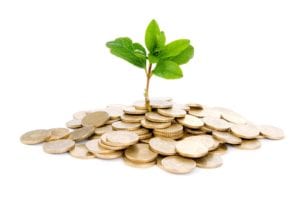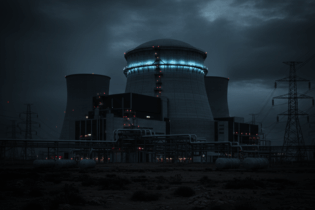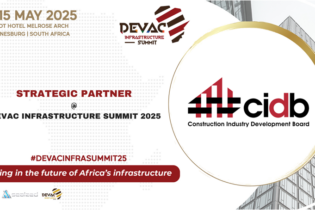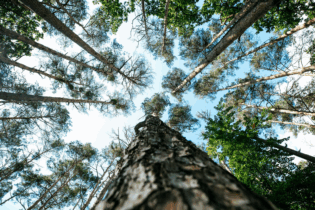Since the official launch on 5 November 2010, GreenCape has leveraged its funding partnerships and industry networks to facilitate R41 billion worth of investment into the South African green economy, supporting the creation of 19 000 direct green jobs.
“When I first launched GreenCape as a non-profit green economy sector development agency in 2010, I envisaged impact on a scale that would make a significant difference to the green economy of this region,” said Premier Alan Winde. “Over the past 10 years, GreenCape has delivered this impact. These green economy projects have driven green economic growth in the Western Cape and South Africa. While much has been achieved over the last 10 years, all of us need to redouble our efforts and focus on delivering an economic recovery that will deliver jobs and dignity for our people,” he added. Originally established to facilitate the achievement of the target and growth of the Western Cape’s renewable energy sector, GreenCape’s operations has expanded to include a national footprint with a broader green economy focus, including water, sustainable agriculture, circular economy and green finance. The GreenCape team has grown from an initial staff of 3 in 2010, to a team of 45 in 2020. As a cluster organisation, the GreenCape’s business membership has grown to more than 2 200 businesses. “Investment aimed at growing the green economy ensures the sustainability of future economic opportunities. It also creates jobs now, which remains a strategic priority especially at this time when economic recovery is a critical focus,” said Western Cape Minister of Finance and Economic Opportunities, David Maynier. “Over the past 10 years, GreenCape has implemented multiple keystone projects that have unlocked barriers to green economy growth, importantly with projects that focus on building energy security and resource resilience in the Western Cape,” he added. Initially funded by the Western Cape Department of Economic Development and Tourism, GreenCape’s funding partnerships have diversified to include the City of Cape Town’s Department of Enterprise Development and Investment as a core funder, as well as multiple national government departments, DFIs, international funders, foundations and the private sector. “The green economy is a key sector in Cape Town and has enormous potential to contribute to a thriving, sustainable business ecosystem that creates jobs,” said Alderman James Vos, Mayoral Committee Member for Economic Opportunities and Asset Management. “We have identified the green economy as a high growth sector that will be able to contribute to sustainable jobs in the near future. I am particularly proud of our partnership with GreenCape and the returns on investment and the development of the green economy we have seen,” he added. Removing barriers to green economic growth – Highlights “Lowering carbon emissions is at the heart of the global climate change narrative, but a green economy will mean so much more for the people of South Africa,” said Mike Mulcahy, CEO of GreenCape. “A green economy is an economy with decent jobs underpinned by sustainable (efficient, clean and profitable) infrastructure solutions that will create and sustain jobs and well-being for this generation and the generations to come. This is what we are most excited about – to celebrate the milestone and continued opportunities to collaborate with our funders and partners towards this goal,” he added. A few of the highlights include:The Western Cape Industrial Symbiosis Programme (WISP): The Western Cape Industrial Symbiosis Programme (WISP) is a multiple award-winning free facilitation service to businesses, which is now funded by the City of Cape Town. Our WISP facilitators provide our business members with dedicated time and technical expertise, connecting companies with unused or residual resources such as materials, energy, water, assets, logistics and expertise. The cumulative impact of WISP over the last six years has been the following:
- 104 900 tonnes of waste diverted from landfill;
- 309 200 fossil GHG emissions saved (equivalent to the electrical usage of 39 800 households in SA);
- Over R120 million generated in financial benefits (additional revenue, cost savings and private investments);
- 69 permanent jobs in member companies, as well as 25 temporary positions, and 218 economy-wide jobs in supply chains have been created.
- Green SMME recovery (safeguarding jobs and supporting business recovery through mobilising direct international relief funding and collaborating nationally and internationally on policy levers for Green SMME recovery)
- International trade competitiveness (supporting investment promotion and highlighting South Africa as the green economy hub of Africa)
- Sustainable Infrastructure Opportunity development (supporting public and private infrastructure resilience across energy, water and the circular economy)
- Alternative service delivery (supporting service delivery resilience and promoting citizen empowerment)
- Green finance (mapping and facilitating access to financing for some green projects and green business in South Africa).
- Green skills development (targeted capacity building in the public and private sector).







